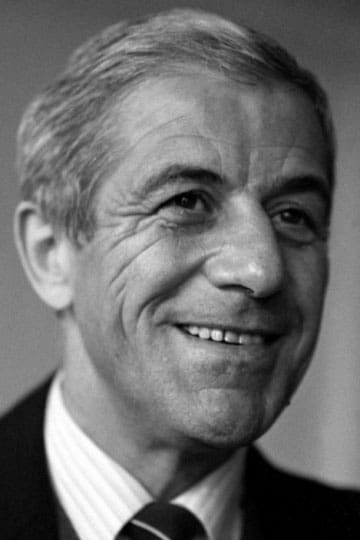
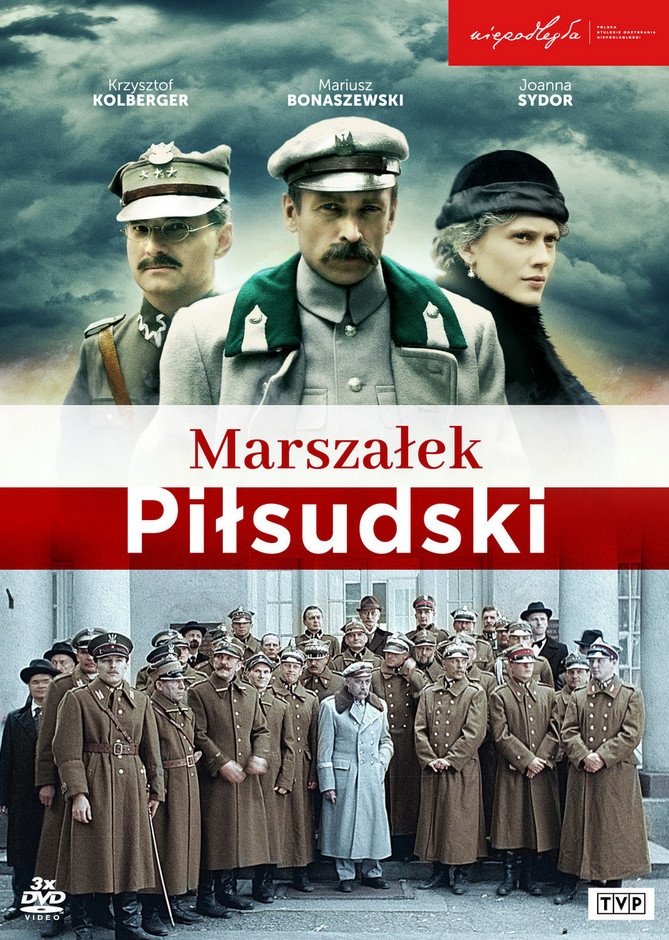
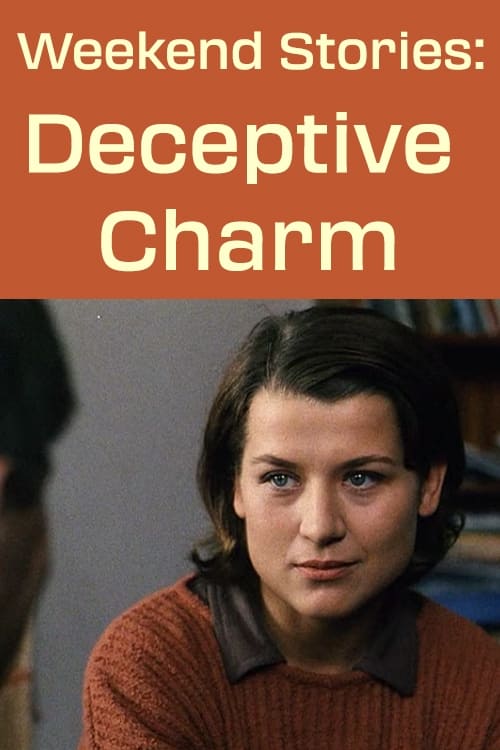
An idealistic scientist is encouraged by his wife to use his good looks to get ahead, but his new job carries with it temptations and traps.
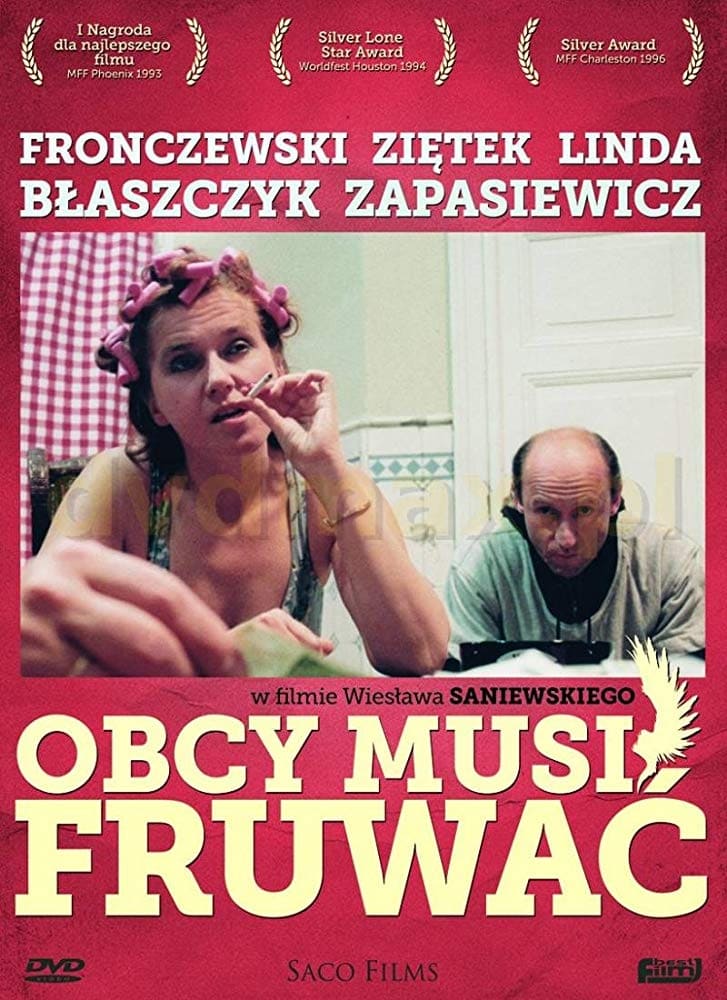
Berlin, 1990. At the invitation of his actor friends, who have already lived abroad for many years, Max, a Polish theater director, comes to Berlin. They begin to work together. They try to realize their dream: to stage a play, the staging of which was prevented by the imposition of martial law ten years earlier. The way they raise funds (selling pieces of the "historic" wall) and struggle against the heartless machinery of bureaucracy forms the axis of the film. In their efforts, the four protagonists are assisted by Regina, a translator familiar with local customs and practices. The film deals with the problems of artists in the new, commercializing reality. It is the story of strangers, auslanders who want to realize their dreams and ambitions outside their homeland. It raises topical issues of chauvinism, xenophobia and hatred of foreigners felt by both Germans and Poles.
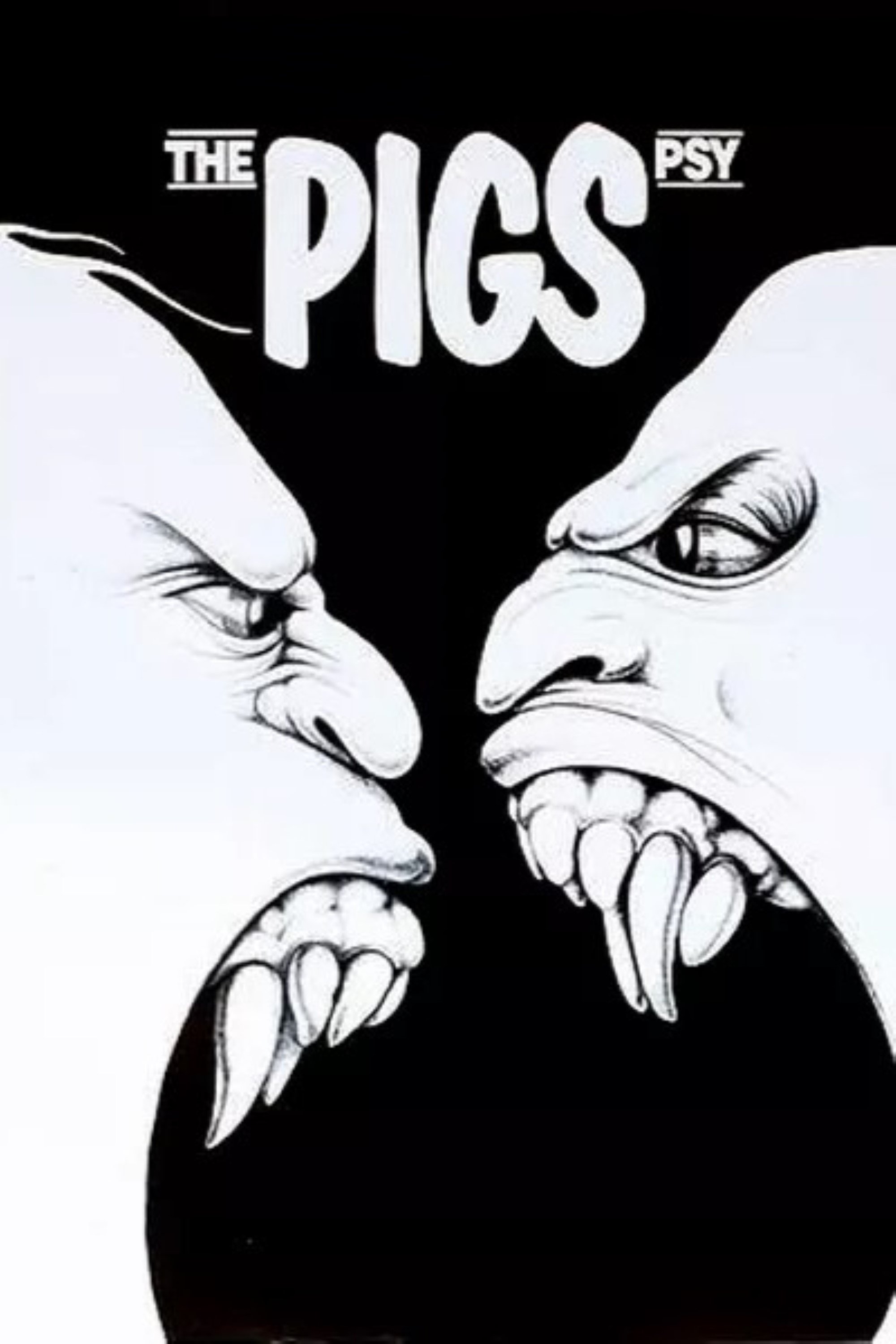
In good old days Franz Maurer and his partners from secret police used to live like kings. Now, they all must adapt to new post-communist environment where they are scorned and losing all the privileges. Some, like Franz, are like ordinary police fighting against drug dealers. But Franz would soon find that some of his friends are on the other side.

A story of high-ranking party members from the 1970s embroiled in political deception.
By browsing this website, you accept our cookies policy.